
Scientists have discovered a stealth molecular weapon that plants use to attack the cells of invading gray mold: plant RNA defense systems hidden in unassuming “bubbles”.

Scientists have discovered a stealth molecular weapon that plants use to attack the cells of invading gray mold: plant RNA defense systems hidden in unassuming “bubbles”.

Plants often develop communities with microorganisms in their roots, which influences plant health and development. Although the recruitment of these microbes is dictated by several factors, it is unclear whether the genetic variation in the host plants plays a role. In a new study, researchers explored this question and their work can help improve agriculture productivity.
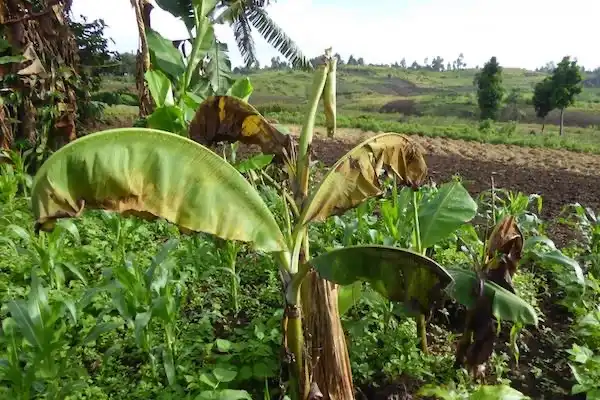
Lurking inside the crops of banana-producing-areas in east and central Africa is a disease called Banana Xanthomonas Wilt (BXW)—and new modeling has shown that if left uncontrolled, this bacterial disease could cause a 55% reduction in banana production in newly affected regions within 10 years.
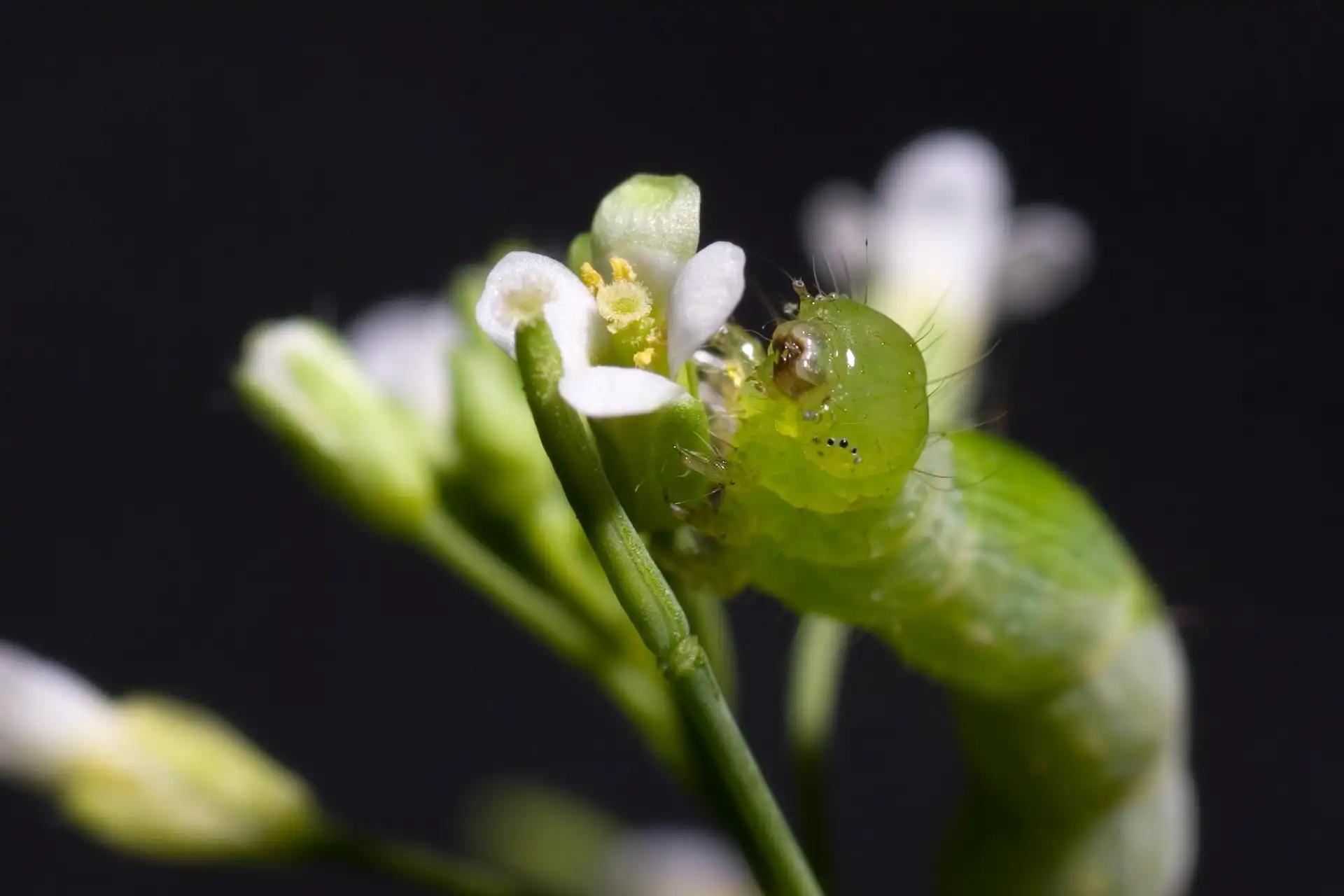
In plants, the jasmonate (JA) signaling pathway helps plants control their defense responses to environmental stresses. Like the human body, plants respond differently to individual threats. Just as people wouldn’t get a fever due to a sprained ankle, plants deal with harmful elements in particular ways. A study looks at how plants respond to environmental threats in the correct way.
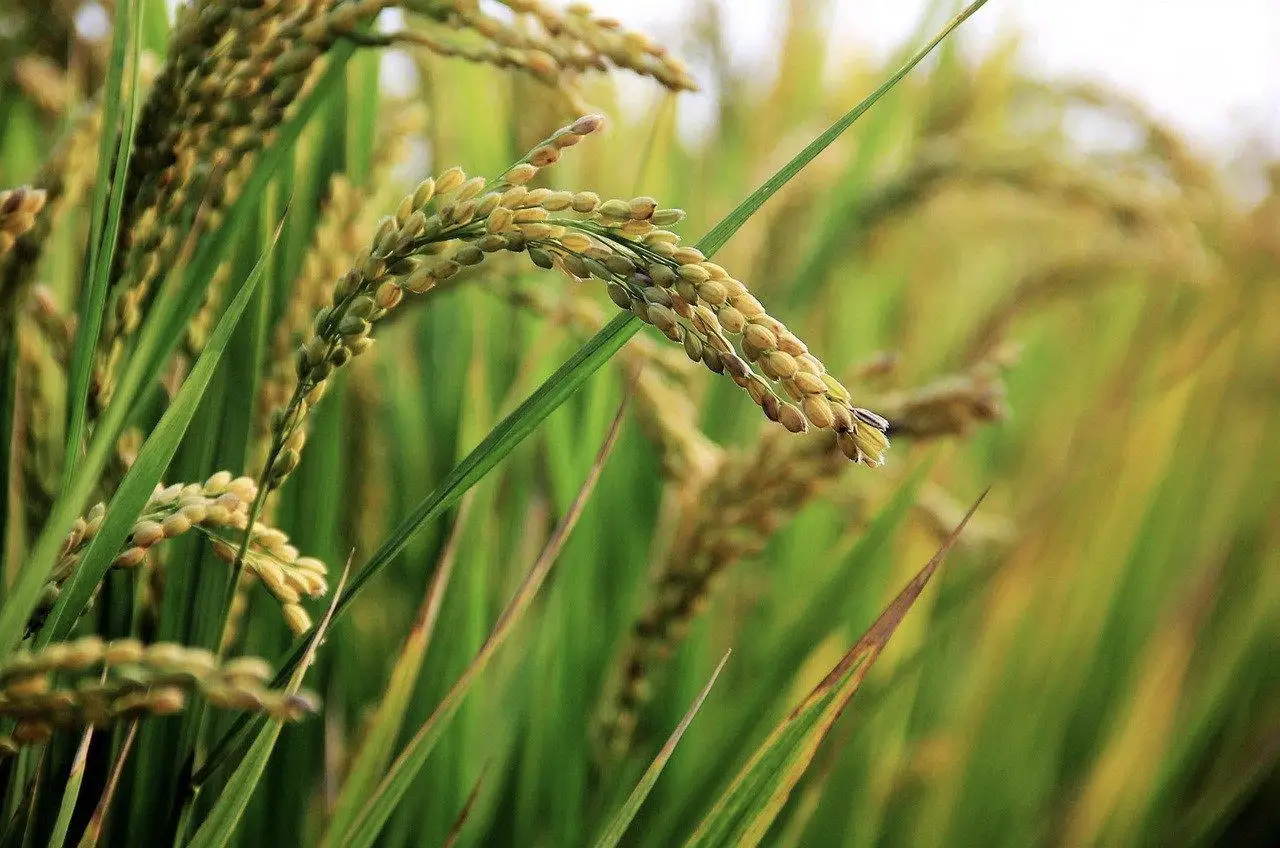
Researchers discovered a form of social immunity in wheat and rice. Disease susceptibility in wheat and rice is modulated not only by genetic resistance traits, but also by interactions with neighbouring plants of the same species. The findings, show that inter-plant cooperation can reduce disease susceptibility by nearly 90 percent in certain cases, as much as is conferred by a plant’s own resistance genes. The findings create new possibilities for improving plant resistance to disease and reducing the use of pesticides.
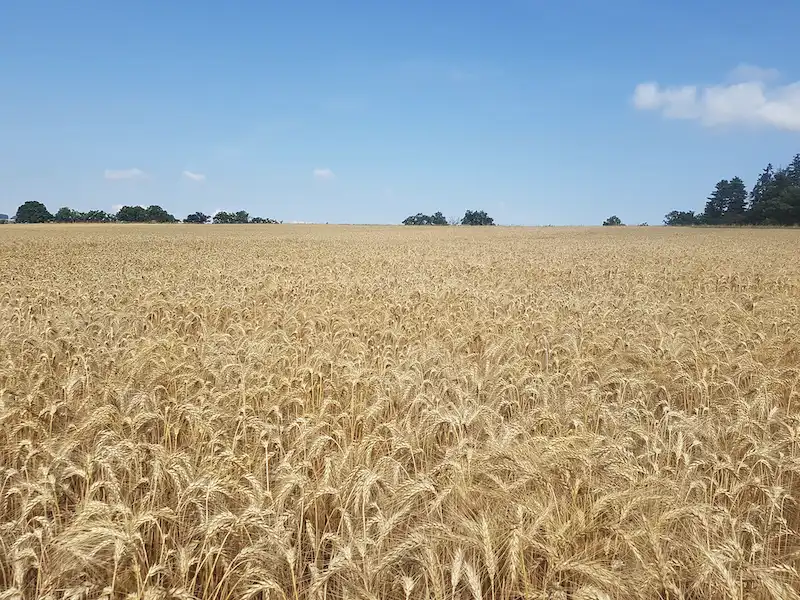
Maize roots secrete certain chemicals that affect the quality of soil. In some fields, this effect increases yields of wheat planted subsequent to maize in the same soil by more than 4%. While the findings from several field experiments show that these effects are highly variable, in the long term they may yet help to make the cultivation of grains more sustainable, without the need for additional fertilizers or pesticides.

Scientists shed light on how harmful fungi evade recognition by their plant hosts and aid infection.

A total of 57 institutions around the world share their expertise in a ground-breaking study which highlights the urgent need to protect the world’s forests from non-native pests amid climate change.
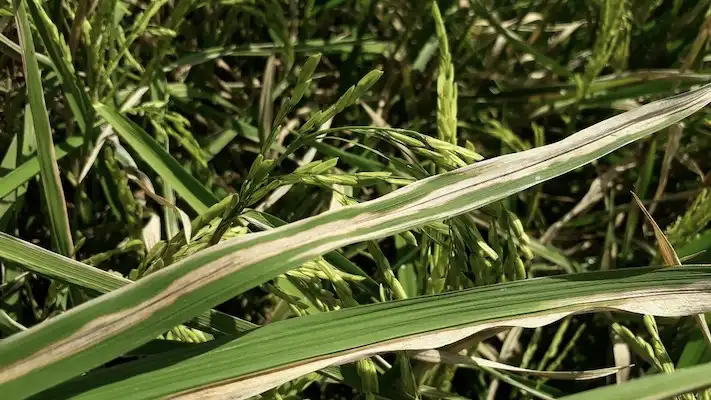
An international research consortium is developing disease-resistant rice varieties. In the scientific journal eLife, the authors now report on the discovery of a recent bacterial outbreak in Tanzania – and describe how they modified an African rice variety to make it resistant to the pathogen.
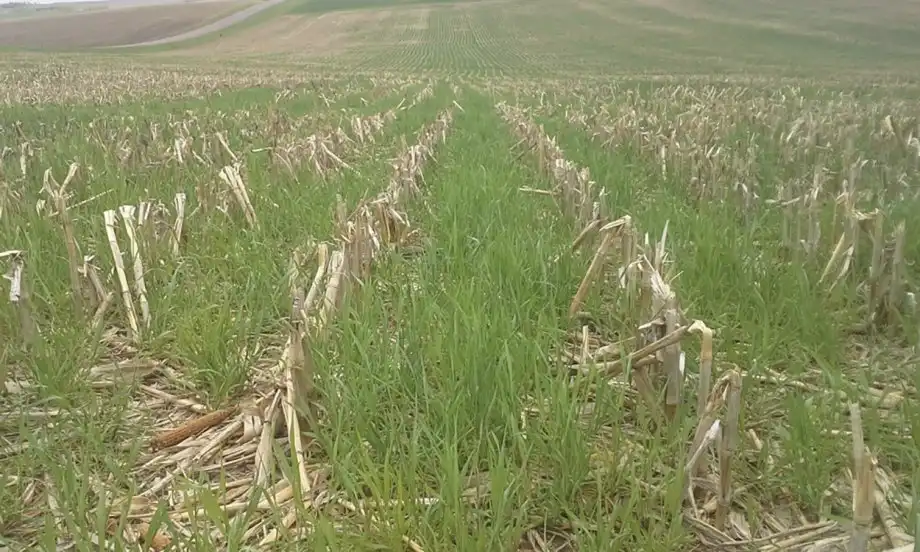
Worldwide, farmers are being challenged with a variety of issues, including growing populations, a changing climate and soil degradation, among many others. To combat these challenges, researchers are looking for solutions and have begun to focus their work on the viability of sustainable agriculture practices, like cover crops.